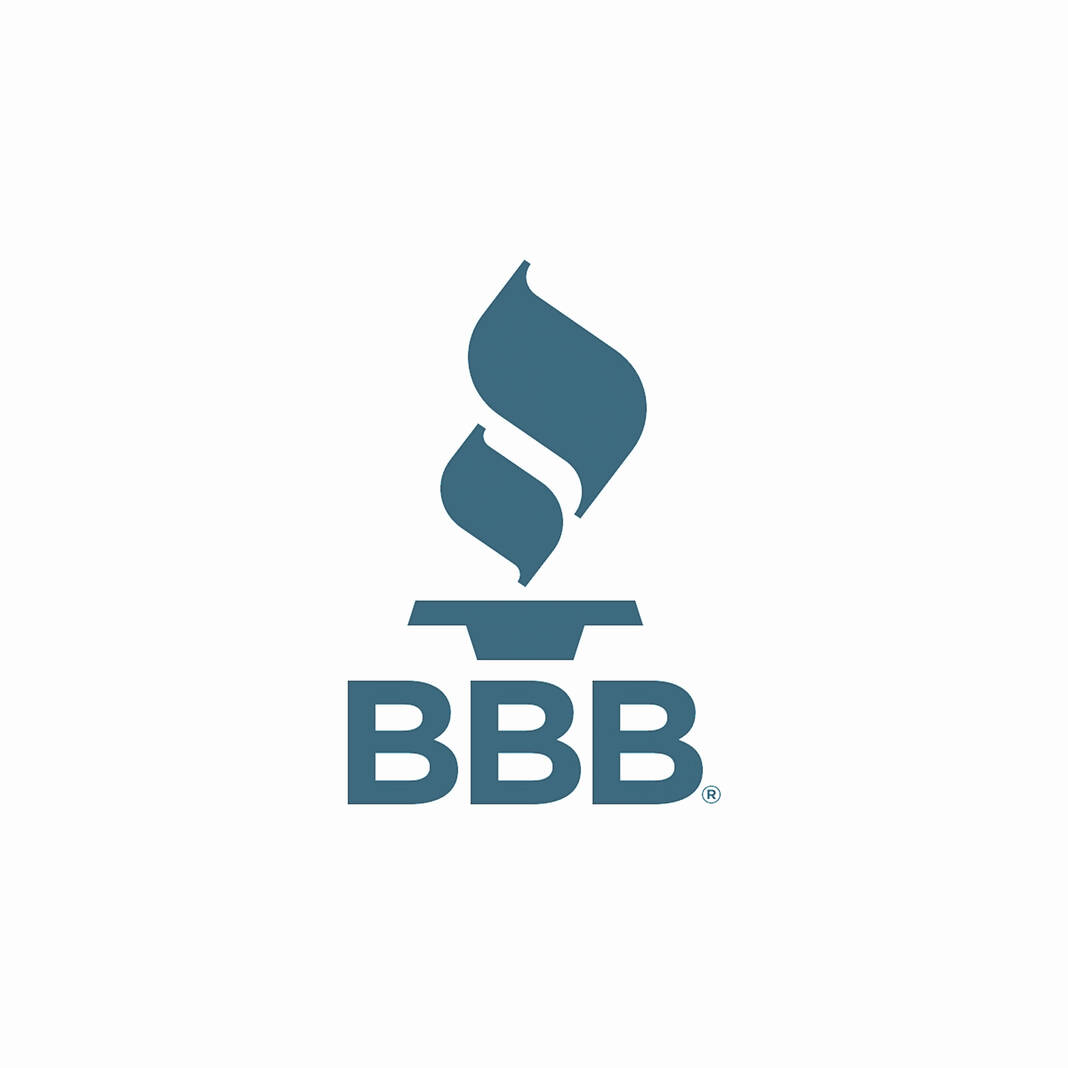
By John North
Better Business Bureau
You meet someone special on a dating website or app. Soon he or she wants to email, call or message you off the platform. The person says it’s true love, but he or she lives far away — maybe for work or because he or she is in the military. He or she starts asking for money claiming it’s an emergency. This is what’s called a romance scam.
According to the Secret Service, romance scams happen when scammers create fake online profiles and attempt to build phony emotional attachments until a potential victim is comfortable sending money. If you’re on a dating site or looking for love online, be cautious about who you’re speaking to.
Romance scams are more common than you think. According to the Federal Trade Commission, nearly 70,000 people reported a romance scam, and reported losses hit a staggering $1.3 billion in 2022. In 2021, BBB’s across North America received 276 reports on romance scams, a 13% increase from 2020. In 2022, the number of reported romance scam cases more than doubled in the first two months of the year when compared to the same period in previous years. BBB estimates there may be more than a million victims in the U.S. alone.
To help you avoid a romance scam, the Better Business Bureau offers these tips:
* Do your research. Many scammers steal photos from the web to use in their profiles. You can do a reverse image lookup using a website like tineye.com or images.google.com to see if the photos on a profile are stolen from somewhere else. You can also search online for a profile name, email or phone number to see what adds up and what doesn’t.
* Understand these scammers will be in a hurry to get off the site. They will try very quickly to get you to move to communicate through email, messenger or phone.
* Be wary of good-looking photos and tales of financial success. Be honest with yourself about who would be genuinely interested.
* Don’t reveal personal information in your online dating profile, including your full name, phone number, workplace or specifics about where you live, as well as financial information.
* Create secure passwords that aren’t easily guessed. Don’t share them with strangers.
* Beware of repeated promises to meet you in person, but always seems to come up with an excuse to postpone a meeting.
* Be wary of someone asking for financial assistance to pay for travel, visas, medication, a child or relative’s hospital bills or a financial setback.
* Consider it a red flag if the individual uses poor spelling or grammar, overly uses flowery language or phrases that don’t make sense.
* Consider making your social media profile private, allowing only people you know personally to view it.
* Beware if the individual attempts to isolate you from friends and family.
* Never send money or personal information to someone you’ve never met in person.
* Ask specific questions about details given in a profile. A scammer may stumble over remembering details or making a story fit.
* Trust your instinct and always ask lots of questions.
If you believe you’ve been a victim of a romance scam, contact BBB Scam Tracker, BBB.org/ScamTracker. You can also contact the Federal Trade Commission and Federal Bureau of Investigation. Contact your bank right away if you’ve sent the scammer money. You should also file a police report and notify the dating site if that’s where the scam started. For more information about romance scams, visit BBB.org/All/romance_scams or call (937) 222-5825 or (800) 776-5301. BBB can provide a list of BBB Accredited dating services and Business Profiles on ones you may be considering.




